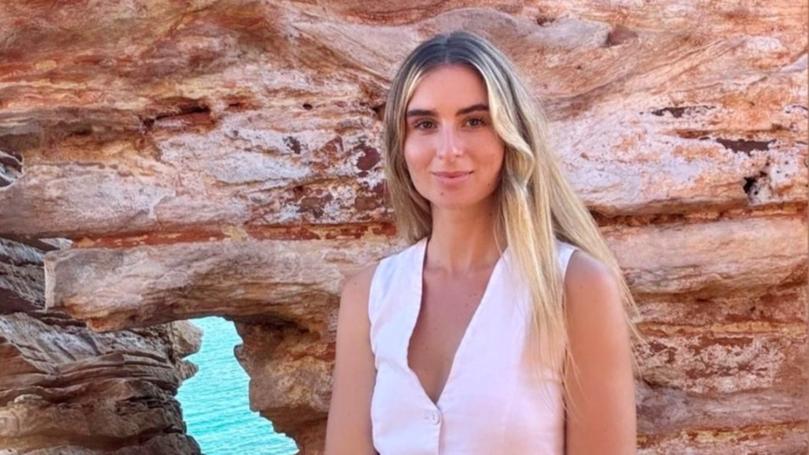NATASHA CLARK: A note to the motherless on Mother’s Day
NATASHA CLARK: I was ten years old when mum died in her thirties. And as I approach thirty, the glorification of dying young resurfaces and the urge to reverse time.

A pharmacist once told me, “The beautiful thing about your mum dying young is she’s forever frozen at that age.”
I was ten years old when mum died in her thirties. And as I approach thirty, the glorification of dying young resurfaces and the urge to reverse time.
My dad was in the doctor’s room when my mum received the terminal diagnosis of breast cancer. She responded, “but I can’t have cancer, I have three children”.
Sign up to The Nightly's newsletters.
Get the first look at the digital newspaper, curated daily stories and breaking headlines delivered to your inbox.
By continuing you agree to our Terms and Privacy Policy.At ten, though I couldn’t articulate it as lucidly, I had a similar response.
During the two years she so valiantly fought her disease, I developed a mental armour that I believed—or wanted to believe—was aiding her battle.
During her illness, my mum enrolled me in the same Catholic school she attended. Religion, previously peripheral in our family, now inundated my thoughts with prayers, hopes and miracles.
As a little girl, I’d stay up for hours, fervently praying for my mum’s recovery. Religion, however, lost its grip on me after her passing, leaving behind a tangled web of thinking.
My dad took us to our family property on the NSW South Coast for extended periods after mum passed.
I’ve found the impermanence of life to be both cruel and comforting — a paradox where moments of pain are transmuted into lessons of resilience.
I remember swirling a stick in a rock pool, hoping if I spun it fast enough, I would reverse time and mum would be alive again.
Losing a mother at ten is bewildering — it cleaves the mind in two. There’s the mature part that grasps the futility of rituals in bringing her back, and then there’s the childlike, imaginative part that resists acknowledging the loss.
In my mid-twenties, while hospitalised for severe ulcerative colitis and brain inflammation, my partner broke up with me and I felt that same primal urge to reverse time.
Prior to the break-up, even though my physical health started to deteriorate rapidly, I wasn’t fearful of serious illness.
It wasn’t until my partner abandoned me that I felt like an animal caught in the headlights — frozen in fear.
British psychoanalyst John Bowlby’s attachment theory illuminated how childhood relationships shape future romantic bonds.
He proposed attachment as a “lasting physical connectedness between human beings”, rooted in Darwinian survival instincts, saying that children want to stay close to their mother as their survival depends on it.
Losing people in my life has instilled in me that nothing is permanent.
I’ve found the impermanence of life to be both cruel and comforting — a paradox where moments of pain are transmuted into lessons of resilience.
Though initially, experiencing break-ups can be more emotionally challenging for individuals like myself who lost their mothers during childhood, it’s also possible to develop self-regulation skills and the capacity to provide self-soothing, essential nurturing oneself.
In other words, I’ve found it is possible to transcend an attachment style developed through trauma. In my case, it’s through becoming your own mother.
While I’d trade whatever self-reliance and calmness I’ve gained in a heartbeat for my mum’s presence, it’s the gift I have been left with.
